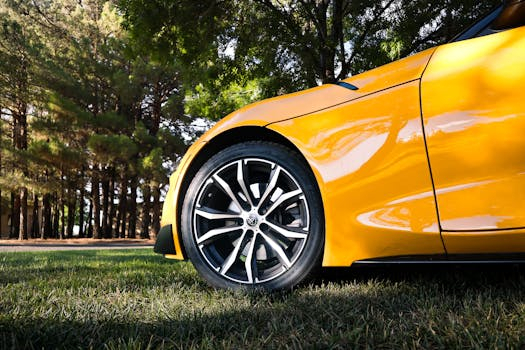Evaluating the True Cost of Car Ownership
When it comes to purchasing a car, many people focus solely on the sticker price. However, the true cost of car ownership goes far beyond the initial purchase price. From gas and insurance to maintenance and repairs, owning a car involves a range of ongoing expenses. In order to make an informed decision, it’s important to evaluate the true cost of car ownership. In this article, we’ll break down the various expenses associated with owning a car and provide tips on how to minimize them. So buckle up and get ready to uncover the real cost of owning a car.
The Initial Purchase Price
The first cost that comes to mind when thinking about buying a car is the actual purchase price. This is the amount you pay at the dealership or in a private sale. The purchase price will vary depending on the make, model, year, and condition of the vehicle. It’s important to do your research and shop around to find the best deal. Keep in mind that certain features or add-ons may increase the price, so consider whether they are necessary for your needs.
Depreciation
One of the biggest expenses associated with car ownership is depreciation. This is the decline in value of a car over time. As soon as you drive off the lot, your car has already lost a significant amount of its value. According to Kelley Blue Book, the average car depreciation rate is 20% in the first year and 60% after five years. This means that if you buy a car for $30,000, it could be worth only $12,000 after five years.
Tip: Consider buying a used car to avoid the brunt of depreciation.
While a new car may seem enticing, it’s important to weigh the cost of depreciation. By purchasing a used car, you can avoid the steepest decline in value and potentially save thousands of dollars.
Insurance
Another significant expense of car ownership is insurance. In most states, it’s mandatory to have car insurance to cover costs in the event of an accident or damage to your car. Insurance premiums can vary greatly depending on factors such as your age, driving record, and where you live. It’s important to shop around for insurance providers to find the best rates.
Tip: Bundle your insurance policies to save money.
Some insurance companies offer discounts if you bundle your car insurance with other policies, such as homeowners or renters insurance. This can help lower your overall insurance costs.
Maintenance and Repairs
Regular maintenance and repairs are unavoidable costs when it comes to owning a car. This includes things like oil changes, tire rotations, and replacing worn-out parts. The frequency and cost of maintenance and repairs will depend on the age and condition of your car.
Tip: Follow the manufacturer’s recommended maintenance schedule.
Keeping up with regular maintenance can help prevent the need for costly repairs down the road. Be sure to follow the schedule outlined in your owner’s manual and address any issues as soon as they arise.
Fuel
The cost of gas can also add up quickly, especially if you have a long commute or drive frequently. Gas prices are affected by a variety of factors, including the state of the economy and global oil production. While there’s not much you can do to control gas prices, there are ways to minimize your fuel expenses.
Tip: Invest in a fuel-efficient car.
When purchasing a car, consider the gas mileage and choose a more fuel-efficient option. This can save you money in the long run, especially if you plan to keep the car for a while.
Taxes and Fees
In addition to the purchase price, there are various taxes and fees associated with buying a car. These may include sales tax, title and registration fees, and vehicle inspections. It’s important to budget for these costs when considering the overall cost of car ownership.
Tip: Ask about potential tax deductions.
In some cases, you may be able to deduct certain car-related taxes on your income tax return. Be sure to consult a tax professional to see if you qualify for any deductions.
Conclusion
As you can see, the true cost of car ownership involves more than just the initial purchase price. From depreciation and insurance to maintenance and fuel, there are a wide range of expenses to consider. By doing your research, shopping around, and following our cost-saving tips, you can make an informed decision and minimize the overall cost of owning a car. And remember, always put safety and reliability first when choosing a vehicle. Happy car hunting!









